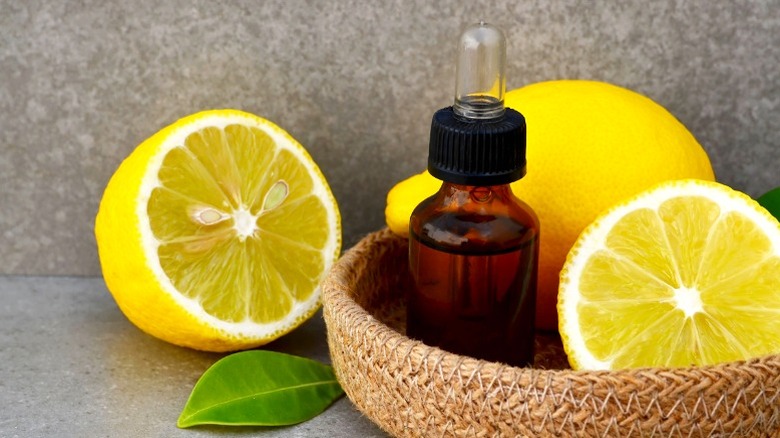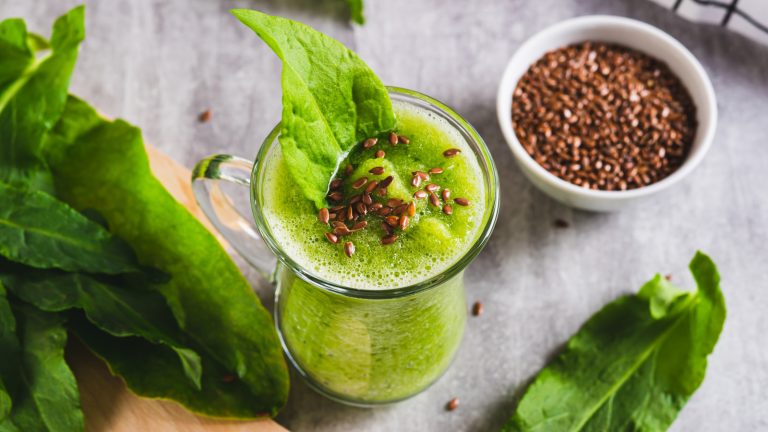There’s nothing like a summer evening where you can kick back as the heat of the day starts to die down. Fire up the charcoal grill (sans lighter fluid) or crank the heat on with your Hank Hill-style propane setup. Throw on a rack of ribs, bring out the bourbon, and sweep those cobwebs off the patio — it’s the recipe for a good time. As you anticipate your loved ones coming over for outdoor dining, there are some unwanted guests you’ll want to deal with beforehand.
If you want to avoid hearing the words, “I’m getting bit up out here!” all night, then there needs to be some anti-mosquito protocol. Citrus can work as an all-natural pest repellent, as these fruits contain chemicals that disturb mosquitoes’ and ticks’ senses. They’re on the hunt for anything with blood, sweat, or sweet fragrances, and the power of citrus can help ward off these vampiric little critters before they crash the party. Rub dry citrus peels on the handles of chairs and around the rims and legs of tables, where guests will likely be resting their exposed arms and legs. Candles and diffusers with citrus-based oils can help as well.
Avoid bug bite blues with fresh citrus
For cooking in deep outdoor settings like campsites, it’s recommended to use citrus alongside a stronger chemical bug repellent. DEET, picaridin, and oil of lemon eucalyptus are among the only EPA-certified repellents proven to significantly prevent bites. Apply a dry lemon peel directly to the skin or dilute the fruit’s juice with water to spray a fine mist so it doesn’t get sticky. Avoid direct sunlight with this trick — citrus and sunlight can interact to cause sunburns — and always apply bug repellent on top of sunscreen for the best results. Citrus helps regular bug spray smell better to us, but just as terrible to pests.
Not only is lemon genius for cleaning the kitchen and warding off pests — it can help soothe irritated skin and scalp, too. Bug bites get itchy, but it’s important to resist the urge to scratch, as the bacteria from your hands and nails will only make it worse. Lemon juice can make your skin feel less itchy, especially when combined with witch hazel. This combo works as an astringent, helps reduce inflammation, and treats the oily, sweaty skin that attracts bugs in the first place. These ingredients can dry out the skin, so perform a test patch to be safe. You might be ready to dig into a summer outdoor dinner, but with citrus, you can help ensure that you’re not on something else’s menu.






